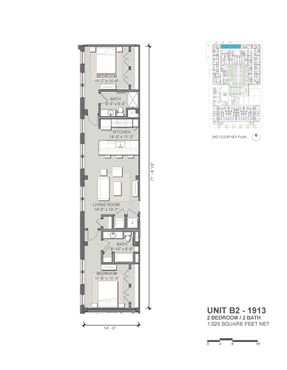
The Chisca on Main
PHOTOGRAPHS
Ken West, Nicholas McGinn - McGinn Photography
ARCHITECT OF RECORD
Bounds and Gillespie
MANUFACTURERS
Assa Abloy, EFCO, GAF, Graham Architectural Products, Hager, Johns Manville, Kone, PPG Paints, Plaka, Schlage, Shaw, Sherwin-Williams, Sloan Valve Company, Trane, Trulite, WASCO Skylights, AAON, Baron, Earthwerks, Geofoam, +8
LEAD ARCHITECTS
Frank Ricks, Tony Pellicciotti, Krissy Buck Flickinger, Lloyd Paul, Lauren Tolbert, Danny Bounds, Dusty Driver
INTERIOR DESIGN
Carkuff Interior Design
ELECTRICAL ENGINEERING
DePouw Engineering
LANDSCAPE ARCHITECTURE
Kersey Wike & Associates
GENERAL CONTRACTOR
Montgomery Martin Contractors
LEAD/DESIGN ARCHITECT
Looney Ricks Kiss
DEVELOPER
Main Street Apartment Partners
STRUCTURAL ENGINEERING
Davis Patrikios Criswell
MECHANICAL & PLUMBING ENGINEERING
Herschel L. Powell & Associates
LOCATION
MEMPHIS, UNITED STATES
FAÇADE RESTORATION
Elstner Associates, Wiss Janney Elstner Associates
CATEGORY
Hotels, Renovation
Text description provided by architect.
The renovation of the historic Hotel Chisca, located on Main Street, is a uniquely transformative project, bridging a major gap in the urban streetscape between the South Main Historic District, legendary Beale Street, and downtown Memphis.
From Chisca’s opening day in 1913, to making rock-n-roll history inside its second-floor radio studio that introduced Elvis to the world in 1954, to its Mid-Century modern addition in 1961, to its conversion into a church headquarters in 197 3, to 25 years of abandonment, and finally to its 2016 rebirth as edgy and chic downtown apartments – it is this inherent multi-layered historic quality that attracts visitors and residents alike.
When commissioned in 2011 to evaluate the feasibility of rehabilitation, the design team found a building in steep decline. The basement held three feet of stagnant water causing areas of structural failure.
The ballroom featured ponding water that had become a dangerous wetland, complete with water fowl and a 25-foot waterfall tenuously supporting a failing roof structure.
The penthouse roof structure had collapsed, and the developer believed the 1961 motor lodge addition should be demolished in favor of a surface parking lot.
The design team recognized that realizing the project’s restorative community value would require balancing the building’s historic character with budget-conscious design. The focus began with repositioning this blighted block to foster the connection between the thriving arts district and the downtown core.
This city-building focus also progressed into a reanalysis of the developer’s desire to remove the 1961 addition and a focus on creating an amenity rich environment that embraced the historic hotel functions.
Restoring and improving the 1961 addition to better reflect its architectural style thus became a key design feature. Southern facing apartment patios, each with a wood louvered brise soleil, pay homage to the historic checkerboard pattern of the motel’s exterior walkways.
The first floor of the 1911 building, once the hotel’s main lobby with 17-foot ceilings, houses lofted apartment units, an event space, and two successful restaurants.
The second floor grand ballroom was demolished to create an elevated, outdoor urban courtyard amenity space.
One-hundred-sixty-one apartments, the two restaurants, and a multitude of amenity areas have transformed the site into a fully occupied, market-leading historic rehabilitation project.
The most dramatic, yet simple design strokes consisted of surgically extracting the ballroom ruins to create an urban rooftop oasis and the elegant transformation of the maligned mid-century modern addition into an effective market catalyst - all within the National Park Service’s Historic Tax Credit guidelines.

























